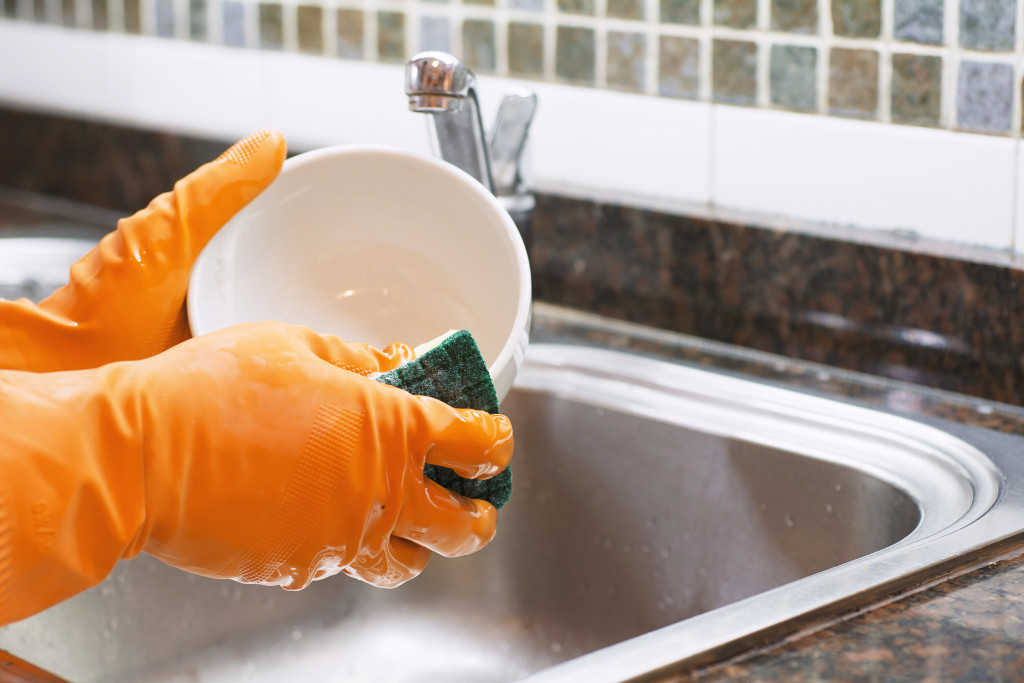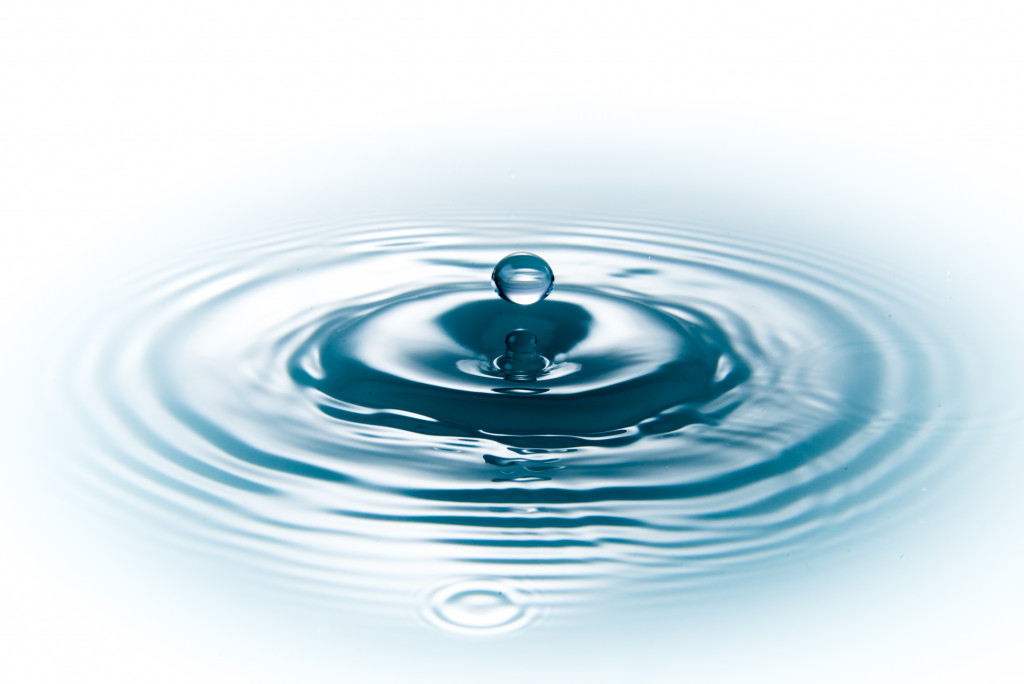- Water waste costs the U.S. one trillion gallons annually, leading to resource depletion and increased utility bills.
- Restaurants contribute to water waste, resulting in higher costs, damaged reputation, and potential legal ramifications.
- Eco-conscious consumers prefer restaurants that prioritize sustainability, impacting the restaurant’s reputation and profitability.
- Reducing water waste enhances operational efficiency, environmental sustainability, and regulatory compliance in the restaurant industry.
- Water conservation can be achieved through efficient appliances, regular maintenance, staff education, and water reuse strategies.
As a restaurateur, you’re probably aware of the importance of conserving resources, such as energy and water, in your establishment. However, have you ever considered the true cost of water waste in your restaurant? Unfortunately, water waste can impact your business in various ways, from higher utility bills to adverse environmental effects. Here are some of the most significant ways water waste can affect your restaurant, and discuss some practical ideas to mitigate these issues.
Water Waste in The U.S.
It’s estimated that water waste costs the country one trillion gallons of water annually. This excessive usage of water results in the depletion of our natural resources and adds millions to the country’s utility bills each year. As a result, many states have implemented strict regulations and laws to reduce water waste and promote conservation efforts.
Impact on Your Restaurant
As a restaurateur, you may wonder how water waste directly affects your business. Here are some ways it can affect your restaurant:
1. Increased Utility Bills
The most apparent effect of water waste in your restaurant is the increased costs of your utility bills. Restaurants consume much water, from cleaning dishes and preparing food to washing hands and flushing toilets. When you leave a tap running unnecessarily or fail to fix a leaky faucet, you increase water usage and higher bills. With profit margins already slim in the restaurant industry, reducing water waste can provide significant cost savings over time.

2. Damaged Reputation
In today’s eco-conscious world, more and more customers are choosing to support businesses that prioritize sustainability and environmental responsibility. If you’re wasting water in your restaurant, this could be perceived as a lack of care for the environment, damaging your reputation in the eyes of patrons who value eco-friendliness. In contrast, having a visible commitment to reducing water waste can attract customers who prioritize green practices and sustainability.
3. Regulatory Compliance
Depending on your restaurant’s location, you may be subject to local or state water use and conservation regulations. Failing to comply with these regulations could result in fines, penalties, and even the revocation of your operating license. By keeping track of your water usage and implementing measures to conserve water, you can ensure that you comply with these regulations and avoid costly legal issues.
4. Environmental Impact
Water is a precious resource, and wasting it can harm the environment in various ways. For example, water waste can increase the demand for energy-intensive water treatment processes, increasing greenhouse gas emissions and air pollution. Additionally, it can contribute to water scarcity in regions with limited water resources, especially in areas experiencing droughts or other water-related challenges. By being mindful of your water usage and implementing conservation measures, you can help protect the planet and its resources.
5. Operational Efficiency
In addition to the financial and environmental benefits of reducing water waste, there are also practical efficiency benefits to consider. Fixing leaks, adjusting water pressure, and upgrading to water-efficient appliances and fixtures can help your restaurant operate more smoothly and effectively. For example, reducing water usage can reduce the frequency of pipe leaks and blockages, leading to fewer maintenance and repair issues over time.
Ways to Mitigate Water Waste
Now you know how water waste affects your restaurant, let’s explore some practical ideas to mitigate these issues:

Use The Right Dishwasher
Cleaning the dishes in your restaurant kitchen is essential, but it can also be a significant source of water waste. Investing in a reliable commercial kitchen dishwasher can save thousands of gallons of water yearly while still achieving sparkling-clean dishes. Look for ENERGY STAR-certified dishwashers with less water per load and efficient wash and rinse cycles.
Perform Regular Maintenance
Leaky faucets and pipes can waste a significant amount of water over time. To prevent this, perform regular maintenance checks on your restaurant’s plumbing system to identify and fix leaks promptly. Additionally, consider installing low-flow aerators and flow restrictors on faucets and toilets to reduce water usage without sacrificing performance.
Educate Your Staff
Your staff plays an essential role in reducing water waste in your restaurant. Educate them on the importance of conserving water and provide practical tips they can implement in their daily tasks. This may include turning off taps when not in use, fixing leaks immediately, and only running dishwashers and washing machines when full.
Consider Water Reuse
Reusing water is another effective way to reduce water waste in your restaurant. For example, you can capture and reuse water from ice machines, dishwashers, and sinks for cleaning floors or watering plants. Additionally, consider installing a rainwater harvesting system to collect and use rainwater for non-potable purposes.
Water waste is a significant issue affecting your restaurant, the environment, and the community. Understanding its impact and implementing practical solutions can reduce water waste in your establishment and contribute to a more sustainable future. So start taking action today and be a part of the solution!
